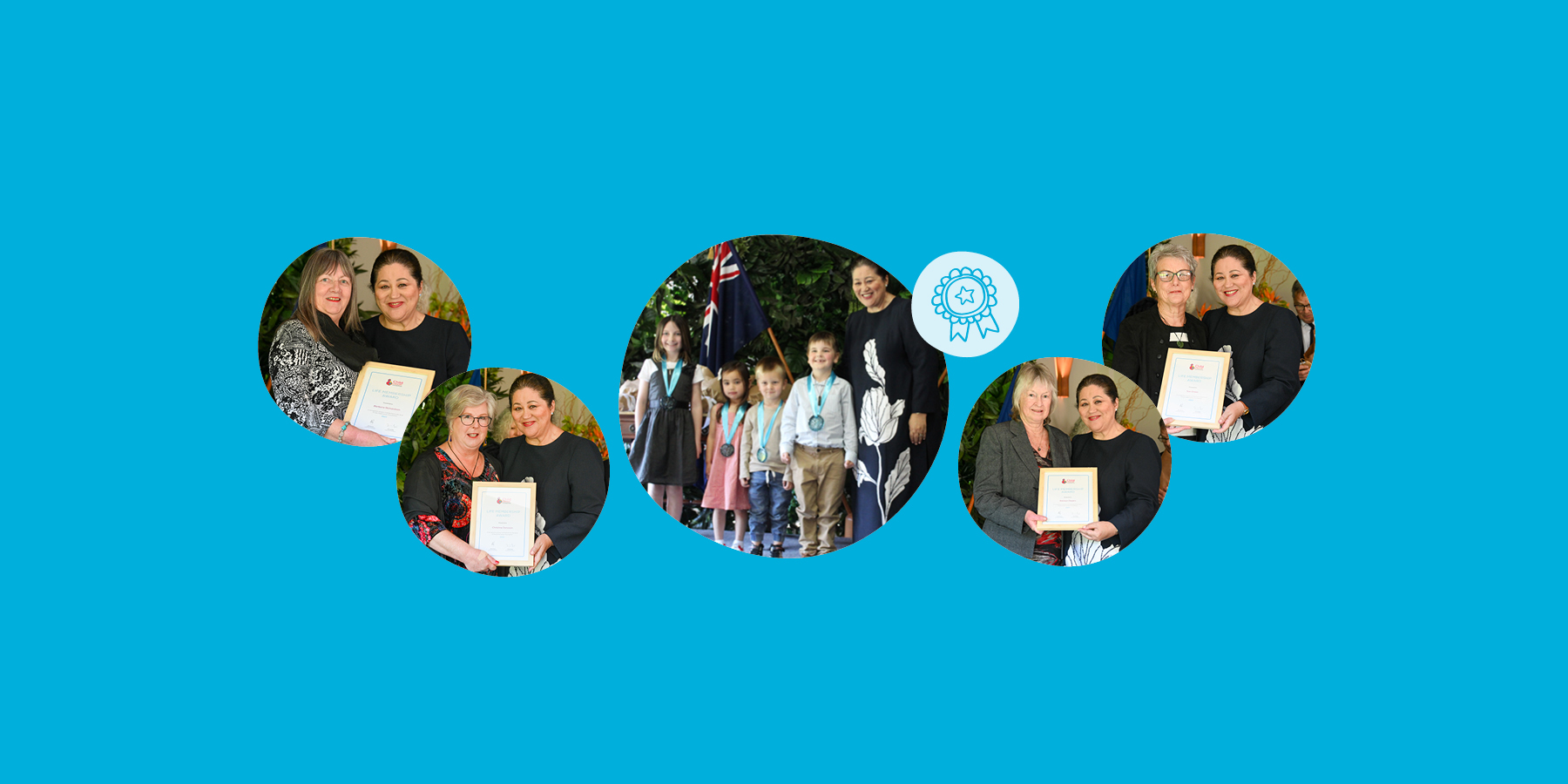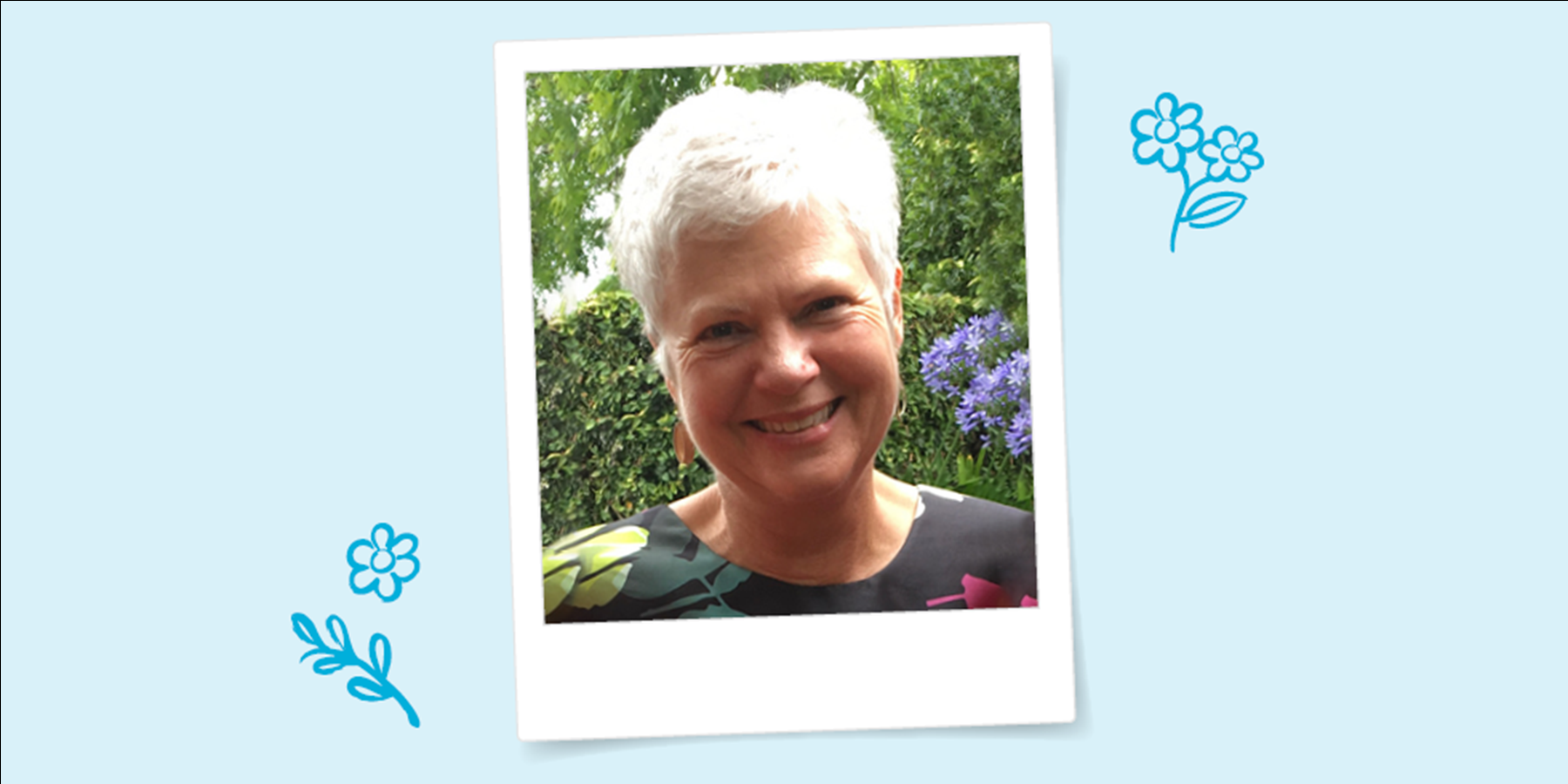Statement: Pharmac Review of Rule 8.1b
Child Cancer Foundation's response to the Pharmac Review of Rule 8.1b in relation to childhood cancer care in New Zealand.
Pharmac has announced a review of rule 8.1b of the Pharmaceutical Schedule. The rule ensures all medicine used to treat cancer in children is automatically funded without a Pharmac assessment. Child Cancer Foundation believes the rule has played an important part in the provision of a world-class, equitable child oncology treatment pathway in Aotearoa/New Zealand.
Given its unique nature, it was perhaps inevitable that there would be a review at some stage given the rule has been in place since 2005. Irrespective of cohort, cancer treatments are becoming more complex and personalised.
“We acknowledge this,” said Monica Briggs, CEO of Child Cancer Foundation, “but part of our mission is to advance improvements to childhood cancer care and therefore be an advocate for the best possible treatment options for Kiwi kids.”
Ms Briggs continued: “We were aware a review was coming although not aware of the timeframes, we do however, welcome the opportunity to engage in the consultation. We’re relieved to see that current treatments will continue to be funded, but we’re extremely concerned that future treatments may not be.”
“Our priority at this stage is to ensure that our members and those we deliver services to have their voices heard throughout this review process.”
Aotearoa has one of the best national Paediatric Oncology Services in the world, equivalent to other high income western countries like Canada, USA and Australia. While this is largely due to the dedication and commitment of the clinicians who provide specialist care across the country in a collaborative and equitable way, access to treatments via rule 8.1b has also played an important part.
“While we have an integrated system from diagnosis through provision of care and access to treatments, other disease pathways are not so fortunate. We have almost achieved equity of outcome in paediatric oncology irrespective of ethnicity, locality or a number of other factors such as socio-economic status, and it’s important that we keep moving forward,” Ms Briggs noted.
“We will be looking for a solution that lifts the outcomes for other treatment pathways and disease types, but we do not want to see a solution that impacts on the success of paediatric oncology outcomes for Kiwi kids, or sends them backwards.”
Cancer is a horrible disease and the impacts on the children and families who experience a cancer diagnosis is devastating not only for them but also for their schools and communities. “We firmly believe that the best people to make decisions on treatments are medical professionals in consultation with families, and rule 8.1b allows for this,” said Ms Briggs.
“Over the coming six weeks we will be working with tamariki and their families to ensure their voices are front and centre of this consultation, and working with our partner organisations and clinical colleagues to ensure those families that have experienced childhood cancer and those who are expert at treating it are heard,” Ms Briggs said.
“We would be extremely disappointed to see the access to new medicines become unavailable through removal of rule 8.1b, and it’s important that we look at the system-wide approach to paediatric oncology treatment pathways, not just one part of it, so we do not go backwards.”


